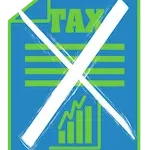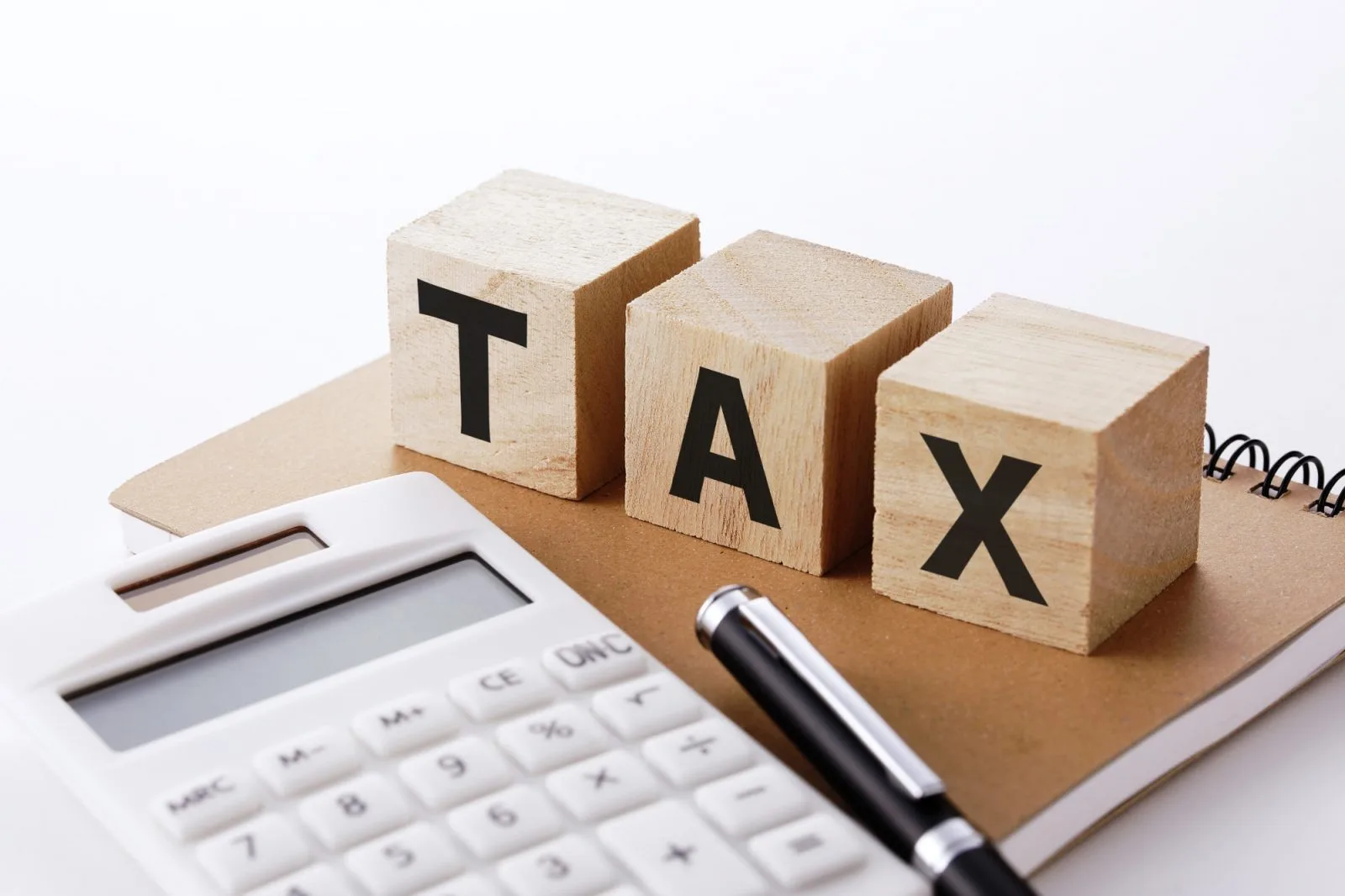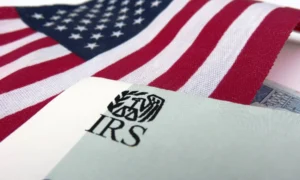Filling out your tax return is incredibly complicated. There are dozens of numbers to add, deductions to find, and countless forms and schedules to include. With all that, the average American spends roughly eight hours preparing their tax return each year.
That’s the length of the average work day! So, it makes sense that mistakes will happen.
But what happens when you make a mistake on taxes already filed? And what happens when the IRS notices those mistakes? If images of debtors’ prisons come to mind, take a deep breath. If images of debtors’ prisons come to mind, take a deep breath.
It’s not that bad, but those mistakes will need to get corrected. Here’s what you can expect.
The IRS Can Be Understanding

Believe it or not, the IRS isn’t always out to make you do more paperwork or pay expensive fees. They’re often understanding when you make mistakes on your return.
They just have to be minor.
Small Math Errors Aren’t a Big Deal

You’re not an accountant and the IRS knows that. They expect there to be some math errors on most tax returns. It’s part of the process.
And as long as they’re minor, it’s not a big deal. They correct those minor issues for you.
Once they do, they simply adjust your refund or your tax bill. You won’t need to file another return or even have to speak with them on the phone.
It all happens automatically.
The Same Is True for Missing Papers

If you’re missing a tax form or a schedule, the IRS won’t ask you to submit an entirely new return either. They know that paper returns are confusing. It’s easy to misplace a form in the process.
After reviewing your return, the IRS will ask you to send the form in. Once they receive it, they’ll process the return.
Amended Returns

When there are multiple mistakes that are too time-consuming for the IRS to correct themselves, they’ll ask you to file an amended return.
An amended return is your corrected tax return. And it’s filed with the form 1040X. On the form, you’ll show your original calculations, deductions, and filing status as well as your corrections.
The IRS uses the information to issue the remaining refund owed or calculate the payments due to them.
In most instances, you’ll know you need to file an amended return when the IRS rejects your original one. And once you make the corrections, the IRS can process your return accurately.
But there are a few things you need to know in order to get the most out of your amended return.
You Have Time

If you know you’ve made a mistake on your return, you don’t immediately have to file an amended return. The IRS gives you three years from the date of the original tax return to file corrections.
This means you’ll have plenty of time to make sure you identify ALL errors instead of fixing just the few you notice off-hand.
For most people, it’s best to wait for the IRS to process the original return and issue a refund before filing the amendment. But if you owe the IRS a tax payment instead of receiving a refund and the mistake means you owe them more than you thought, file as soon as you can.
This will help you avoid late fees and penalties.
You Have to Mail the Amended Return

Unfortunately, the IRS doesn’t accept electronic amended returns. You have to fill them out line by line and mail them in.
And it’s always best to get help when filing corrections. Work with an experienced accountant to make sure you’re claiming all the right deductions and fixing the mistakes you made.
Remember, not claiming deductions that you qualify for is like leaving money on the table. Accountants will be able to look at your finances, your filing status, and your personal information to find deductions you might not know exist.
Audits Are Not Cause for Amended Returns
![]()
When you’re getting audited by the IRS, it’s easy to assume that filing a corrected return will make the audit go away. But it won’t.
You have to comply with the IRS agents’ requests. This means sending them the documentation they ask for in official letters.
Think of it this way: the IRS found mistakes or areas of concern on your return. They know exactly what they need to resolve those issues. Filing an amendment won’t give them the information they need.
And if the audit is extreme or you feel overwhelmed, get help now. Audit defense experts will represent your interests to the IRS and make sure you only pay what you have to.
Don’t Fall for Scams

The IRS will never call you or send an email to tell you about an issue with your taxes. They’ll send you a letter in the mail.
If you get a call from someone claiming to be an IRS representative, get their name and information if at all possible. Then, call the IRS at 1-800-829-4933 and find out if there are any issues with your account.
Most of these calls are phishing scams looking to get your financial or personal information. By double checking with the IRS, you’ll know exactly what’s going on with your return and have the chance to report the scam to someone who can address it.
Have You Made a Mistake on Taxes Already Filed?

Mistakes happen and people file taxes incorrectly each year. If you’ve made a mistake on taxes already filed, don’t panic. Get the help you need to correct the errors quickly.
Contact us to schedule a free consultation and let our experienced team help you deal with the IRS.





